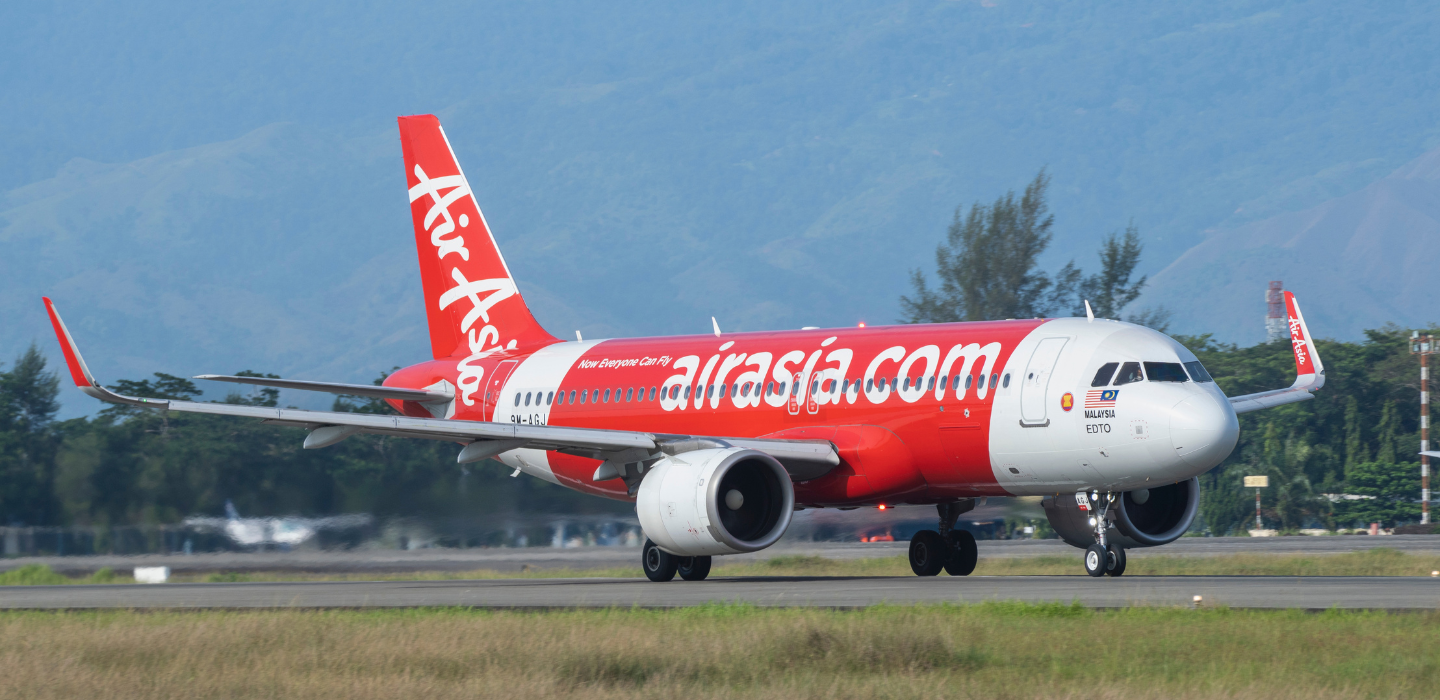Employees can now attend important virtual meetings in pyjamas having rolled out of bed a mere 15 minutes before, or with their lunch in front of them. Such behaviours are tolerated – embraced, even – as organisations try to strike a balance between the conventions of professionalism and the newfound flexibility of remote work.
But what if your boss was half-naked and getting a massage in the Zoom call? This happened during an AirAsia management meeting last month. The scene would have stayed privy to those in attendance, had CEO Tony Fernandes not posted a photo showing off his topless state for all to see on LinkedIn.
Alongside the photo, he wrote: “Got to love Indonesia and AirAsia culture that I can have a massage and do a management meeting.” Social media reactions were largely critical, questioning the professionalism of his behaviour and the poor judgment of posting it online.
Mr Fernandes, by publishing this on the professional networking site, has implicitly sent the message to his employees and stakeholders that such behaviour is acceptable in the company.
It makes one question the company’s culture and its alignment with the broader corporate norms. More importantly, why would top executives engage in such behaviour in the first place?
Companies have their own unique culture, shaped by a set of organisational values and beliefs. Some prioritise innovation and openness, while others emphasise obedience and subordination. Leaders’ behaviours set the standards of conduct within the company.
Across varying cultures, Leaders are celebrated for being visionary, unconventional, and assertive. The GLOBE study of cross-cultural leadership ideals has found similar traits to be important for leaders across 24 countries, particularly for top management.
But, when organisations value such non-conformity in their leaders, they may inadvertently select leaders whose professional and personal behaviours are blurred. It becomes tricky to manage, leading to a rise in behaviours that diverge from traditional norms of professionalism.
In Asian companies like AirAsia, there is often a culture of deference to authority that can further embolden executives to cross the line of acceptability.
Perhaps, Mr Fernandes’ behaviour could be justified as part of a relaxed, easy-going and informal workplace culture – where staff do not bat an eye at the big boss showing some skin and adeptly multi-tasking. A spokesperson from AirAsia later defended this incident, speaking to the “fun, friendly and open culture” of the airline company.
But, commenters on the now-deleted LinkedIn post were quick to point out it is unlikely other AirAsia employees could get away with the same behaviour in a professional meeting.
Rather than culture, it is probably Mr Fernandes’ position of status and authority that allowed him to behave this way. How many employees would voice their objection or discomfort?
Moreover, Tony Fernandes has cultivated a public persona characterised by his unorthodox approach to business and willingness to take risks. Indeed, some netizens have come to his defence, citing his unconventional leadership style and his right to make choices that align with his personal brand.
But what’s the cost of aligning personal branding with actions that challenge traditional norms? It becomes a delicate balance between individuality and the image of the company.
While individuality and personal branding are essential, boundaries should be respected. The behaviour of CEOs is not merely personal but an integral facet of a company’s branding and reputation.
Personal conduct can be a form of reputational risk. Bernard Looney, CEO of BP, resigned in September for failing to fully disclose previous relationships with colleagues. The energy company said leaders are “expected to act as role models and to exercise good judgment”.
It goes both ways. Warren Buffett is known for his conservative and value-driven investment approach. His personal actions and values have contributed to Berkshire Hathaway’s reputation as a stable and long-term-oriented conglomerate.
Mr Fernandes’ actions can similarly influence AirAsia’s branding either way. In 2017, a video of him collecting rubbish from passengers aboard a flight went viral, earning praise online for how he treated employees.
His recent behaviour could either attract or deter talent. For those not involved in that peculiar meeting or those considering joining AirAsia, it could be seen as a sign of the company’s commitment to unorthodox leadership or as how the boss will just do whatever he pleases.
To preserve brand equity, it is crucial to ensure that a leader’s actions are consistent with the company’s values and expectations.
Leaders are expected to be role models. Inherent in their position is the power to influence and empower others towards a shared goal. Psychological research shows that having power reduces one’s sense of inhibition.
In the case of AirAsia, it might boil down to a lack of foresight rather than a deliberate intent to flout professional norms or disrespect others.
To enable leaders to express authenticity and unconventionality while maintaining acceptable behaviour boundaries, it is crucial to establish a system of checks and balances. This can be achieved by flattening organisational structures to reduce hierarchical barriers and by allowing employees to voice concerns without suffering any backlash – that’s probably what most want in an open work culture.
We need to remember that the workplace is still a professional setting at the end of the day, even if the rules and norms have bent in the age of remote work. Even in the chase for comfort and flexibility, we can still help build a respectful environment for everyone to work in.
The article first appeared in CNA.




